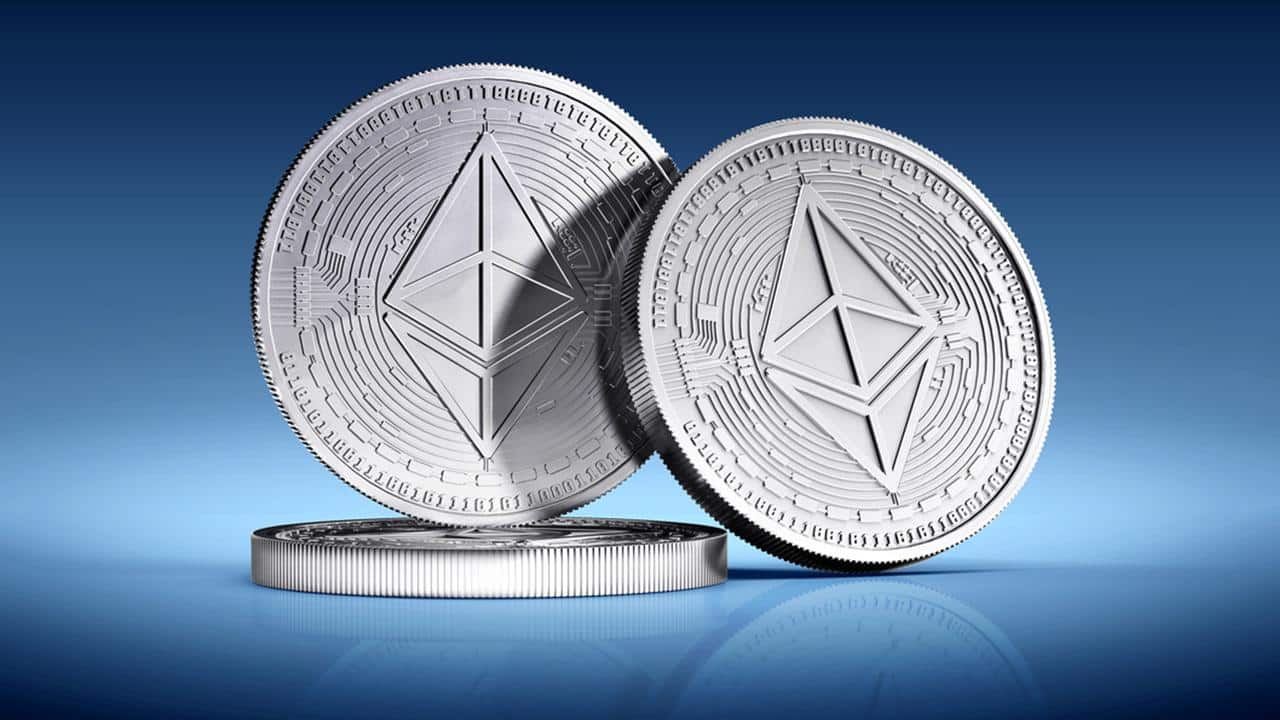Just two months after their approval, spot Bitcoin ETFs became a sensation, attracting over $11.8 billion in investments, including a record $1 billion in a single day.
This influx of capital has driven Bitcoin's price to an all-time high of nearly $73,000, an increase of almost 60% this year. Ethereum, the second-largest cryptocurrency by market cap, followed suit, climbing to nearly $4,000.
The increase in Ethereum price is partly due to anticipation surrounding the U.S. Securities and Exchange Commission's (SEC) upcoming deadline to respond to the initial spot ETH ETF application filed by VanEck on May 23.
Bitwise CIO Matt Hougan believes that an approval that already exists for ETH “should be easy,” as was the case with SEC Chairman Gary Gensler approving spot Bitcoin ETFs following the launch of Bitcoin futures ETFs. Vance Spencer, co-founder of Framework Ventures, expects a direct approval unless there is a new and unforeseen reason for rejection.
Aurielle Barthere, a research analyst at Spencer and Nansen, suggests that influencers could help ease regulators' concerns, as with Bitcoin. For example, BlackRock CEO Larry Fink could potentially impress Gensler with his near-perfect ETF track record.
However, according to analysts, some problems may also arise. For example, some ETF companies, including Ark and Franklin Templeton, are also considering adding Ethereum staking, which could pose a significant problem, according to Hougan. But Hougan downplays these concerns, arguing that staked ETH represents only a quarter of total coins and that emerging Bitcoin spot ETFs still account for a small fraction of the currency's market value.
Matteo Greco, a crypto analyst at Fineqia International, echoes this sentiment, suggesting that the same argument could apply to the 11 publicly traded US Bitcoin miners that dominate the network's hashrate. He sees some centralization as a necessary trade-off for the market to achieve mainstream popularity.
Another potential obstacle is ETH's legal status. While the SEC has classified many other popular coins as securities, it has been inconsistent regarding ETH. Gensler told hedge funds in 2018 that ETH was not a security, but refrained from taking a position during a congressional hearing last year. This uncertainty could add complexity to the process, according to Jag Kooner, director of derivatives at Bitfinex.
The relative newness of Ethereum futures ETFs, which launched in October 2023 compared to the launch of Bitcoin futures in April 2021, may also pose a challenge. ETH is less liquid than Bitcoin and its market cap is only one-third of Bitcoin. More liquidity generally means fewer spreads and more consumer protection.
Despite these potential hurdles, Spencer projects a 60% to 70% chance of approval in May. Barthere agrees, citing the token's lack of involvement in recent SEC lawsuits filed against top exchanges Binance and Coinbase. Hougan is more cautious, but believes there is a 75% chance of approval by the end of the year.
However, Chervinsky argues that such approval is unlikely in 2024. If the SEC remains mostly silent through May 23, “that silence will mean a lot,” he warns.
*This is not investment advice.










